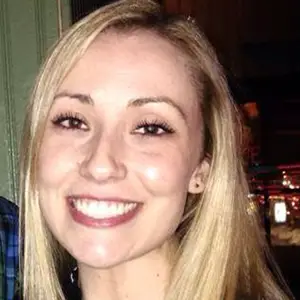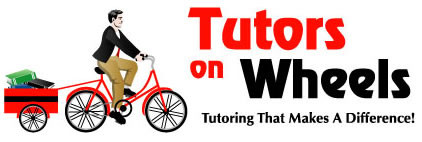Your Child Had A Special Needs Diagnosis—Now What?
Get can’t-miss family activities sent to you!
Get the Best Family Activities
What do you do to keep from feeling overwhelmed?
I have 30 minutes to myself in the morning. I get up before the children, I take a deep breath, and I find that little peace. I always say I would not be a good mom if I didn’t take that time for myself. You have to stay in touch with who you are as a person in order to be a good mom, whether you have a child with special needs or not. I would rather have 30 more minutes of sleep, but you have to make it a priority.
How do you deal with the frustration you feel when your daughter doesn’t meet milestones like other children?
You assume that they can do what other kids can, then all of a sudden you realize they can’t. But that’s okay. It’s okay that they’re not the same. You don’t want your child to be the same as every other child. They’re special, and they’re going to touch lives that other kids can’t. I have encountered children with special needs with hearts of gold. My daughter sees things that I just don’t see. She brings me back down to Earth. I love seeing life through her eyes.
You have an older daughter who doesn’t have special needs. Is it a struggle to parent your daughters equally?
I’m constantly concerned about that. I remember last year I said ‘Okay, every two weeks I’m going to go into my daughter’s bedroom and remind her that I love her, tell her how proud I am, and just love on her for a couple minutes.’ I did that for a couple months, then one day I walked in there and she said ‘Mom, I don’t have any issues, I’m good.’ Now I do it about once a month. I don’t go in her room and purposefully say it, but I’ll be sitting at the kitchen table and I’ll say ‘I’m so glad you’re my daughter’ or something like that—little words of encouragement. I think it compensates for that time you can’t spend with them.
I’m also concerned about effects that one sibling has on another. ADHD is a huge issue as my younger daughter is hitting puberty, and she puts her frustration on the older one. And I have to constantly pull that back and make sure I’m as much of an advocate for my older daughter as I am for my younger.
Any advice for other parents on juggling the responsibilities that come with having a child with special needs?
My biggest asset is structure. I structure time for certain things. When it’s time to help my daughter with homework, that’s all I do. I don’t try to multitask—I focus on one thing at a time. It helps the kids too, because you’re calm. If they see you organized, they’ll follow in your footsteps. If you make lists and stay focused, you’ll be more peaceful and relaxed and they’ll feel that.
And you can’t be afraid to ask for help. Moms always want to do 50 things at once, but find those people who connect with your child and use them. There was one night I was studying with my daughter and we were not meshing—that happens. I called up my friend, he came over, and he took her out to study. Trust the people in your life. If they connect, they’re going to give your child something you don’t have or you’re too close to see. And they’re going to be rewarded too—the connection they have with your child is something they’ll never experience anywhere else.






